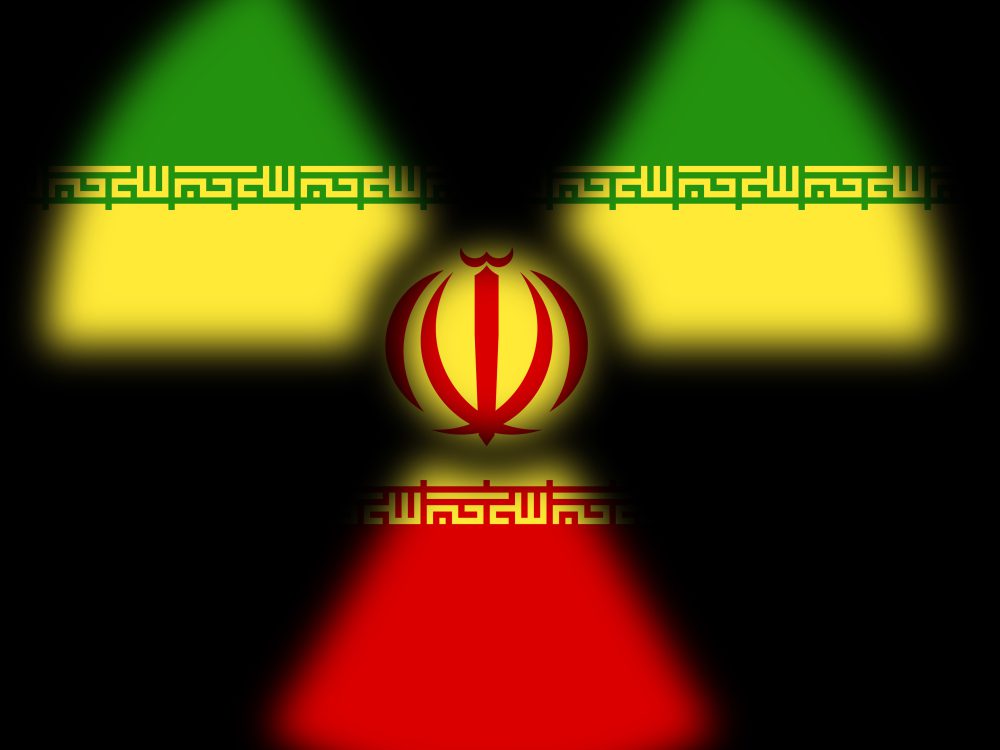
An agreement between the U.S. and Iran to revive the 2015 nuclear deal has failed to materialize, Al Jazeera reports. The news comes on the heels of Iran, together with Argentina, applying for membership to BRICS, the group of emerging economies that form a direct competitor to the G7.
Little headway was made this week during talks held in the Qatar capital of Doha, says Enrique Mora, the EU envoy mediating discussions between Iran and the U.S. Taking to Twitter on June 29th, he lamented the lack of progress, which he and EU Foreign Policy chief Josep Borrell were previously optimistic about, and pledged “to bring back on track a key deal for non-proliferation and regional stability.”
Two intense days of proximity talks in Doha on #JCPOA. Unfortunately, not yet the progress the EU team as coordinator had hoped-for. We will keep working with even greater urgency to bring back on track a key deal for non-proliferation and regional stability @JosepBorrellF pic.twitter.com/eA1Wluif01
— Enrique Mora (@enriquemora_) June 29, 2022
Mora had been coordinating talks between Iran’s chief negotiator, Ali Bagheri Kani, and Washington’s special Iran envoy Rob Malley since Tuesday. Under former president Donald Trump, the U.S. withdrew from the 2015 Joint Comprehensive Plan of Action (JCPOA) and reimposed sanctions on Iran in 2018. While Trump pledged he would negotiate a better deal, he left office without following up on his promise. Analysts estimate that Iran has moved closer to developing a nuclear weapon since the American withdrawal from the pact. Iran does not sit down with the U.S., as the latter is no longer a party to the deal, and relies on the EU to mediate.
The country remains under sanctions to this day.
Speaking to Al Arabiya English, a U.S. State Department official expressed disappointment, saying that “Iran has, yet again, failed to respond positively to the EU’s initiative and therefore … no progress was made.” He added that the U.S. had made clear it was ready to “quickly conclude and implement a deal” for mutual return to compliance with the 2015 deal. “Yet in Doha, as before, Iran raised issues wholly unrelated to the JCPOA and apparently is not ready to make a fundamental decision on whether it wants to revive the deal or bury it,” he concluded.
One of the main gripes coming from the Iranian side was in the persistance of Washington in labelling the Islamic Revolutionary Guard Corps, its elite security force, a terrorist group.
Before the talks fell apart, Iranian Foreign Minister Hossein Amirabdollahian had faulted the U.S. for its lack of realism, but felt confident that if it “indicates serious intention” an agreement is “within reach at this stage and at this round of the negotiations.” Amirabdollahian made his statements in a meeting with staff members of the Iranian embassy in Turkmenistan on Tuesday evening.
While Iran’s main concern is the lifting of the country’s sanctions, it has also demanded that the U.S. provide guarantees that a future administration will not withdraw from a revived deal again. The current Biden administration has thus far failed to make such a promise.
Meanwhile Israel, the most vociferous opponent of the deal and an important regional ally to the U.S., has been unswerving in lobbying for its partner so that the 2015 deal remains a dead one.
